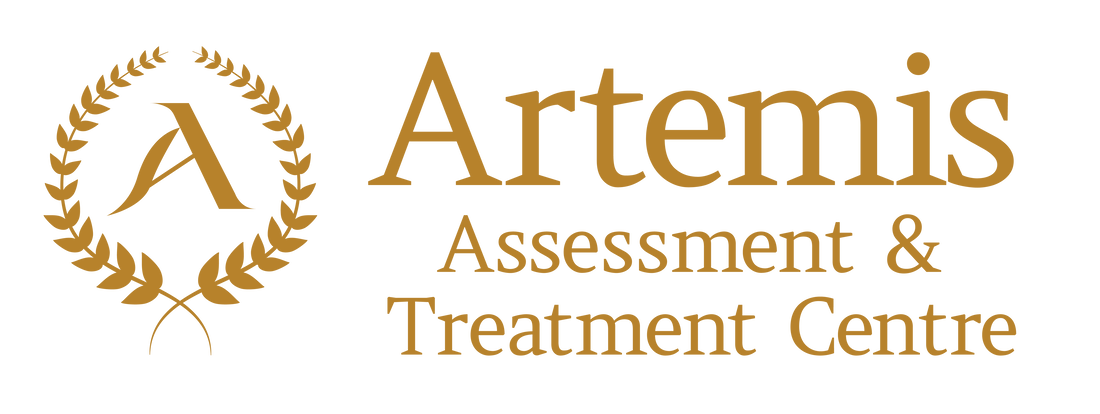|
By: Hailey Edwards-Kern – Receptionist, Assistant to the Director
Have you ever heard “if you just tried harder” or “if you stopped being so lazy”? Whether it was from an internal monologue or an outside influence many people with learning disabilities have heard these phrases. Learning disabilities are not tied to intelligence and have no bearing on future success. Learning disabilities are hidden or non-visual disabilities that are not immediately apparent and cannot be simply overcome by “trying harder”. There are many different types of learning disabilities including Dyslexia, Dysgrpahia, Dyscalcuila, Auditory Processing Disorders, and Nonverbal Learning Disabilities. There are many diverse paths people can take to get help with their learning disability. Advocating for yourself is the number one most important tool you have to get what you need to be successful! Here are some ways you can help yourself reach your goals, advocate for yourself and continue on a positive path forward: Getting an assessment to help understand your brain and to put it into terms that others will understand as well. Getting an assessment will give you an accurate diagnosis that can help you gain access to personalized support, resources and improve self-awareness. Having a professional perspective on your life circumstances can provide insight into some of the ‘whys’ you may have about your life. Talking to loved ones about your learning disability: Disclosing personal information is a decision that should be made with great care. Think about someone in your life who you have open and honest communication with. Talking with a safe person about your learning disability can help them deepen their understanding of you and help you verbalize some of the experiences you’ve had through your unique circumstances. Getting on an IEP in School: Getting an Individualized Education program is the best way to ensure you have the tools necessary to be successful in school. The report from an assessment gives your school the information they need to create a plan of action concerning your specific needs. This can be extended time on tests, recording devices, or having lecture notes provided before/after class. IEPs should be reviewed and updated regularly and you should be involved in ensuring this happens. Workplace disclosure: According to the Canadian Human Rights legislation, employees have a right to accommodations in the workplace if it does not cause “undue hardship” to the company or organization. You can consider disclosing your learning disability to your employer if you feel your disability is hampering work performance and if you feel your employer will be receptive to this disclosure. Using Assistive Technology: Find technology that works for you! After your assessment, you will have a section which speaks to which technology might be most beneficial to you! There are many wonderful devices and websites that can help like speech-to-text tools, graphic organizers, audible audio books, and mathtalk. Using AI: Though it can get a bad rap for people using it to plagiarize, using websites like Chat GPT can help you summarize documents, give ideas for projects and help understand a deeper meaning behind concepts. As long as you're not copying and pasting and passing off the information as your own AI can be a great jumping-off point. Develop a schedule: break down your day into manageable pieces. One helpful tool is the ABC method, which helps you prioritize what is most important to get done. Write down your weekly tasks and organize them into these 3 categories. A is the most important and time-sensitive and non-negotiables must-do which will have consequences if they are not finished. B is not as urgent but are tasks that need to be accomplished to keep your work moving forward. Finally, C is things you want to accomplish but that are not time-sensitive. Keeping these tasks handy on your mobile device will mean you are never without them and you can change the priority level as needed. Self Care: This is preached a lot and seldom practiced. What type of activity makes you feel unbearably excited? What makes you feel comfort and peace? Use these questions to formulate what makes you happy and strive for it. Take a bath, go for a walk or cook your favourite meal. Incorporating small bits of joy into your everyday schedule helps make every day a little brighter and creates a more comfortable environment for learning. Mental Health and Empowerment: Learning disabilities can have a negative impact on your mental health and can lead to low self-esteem. Knowing your strengths and challenges can help you advocate for yourself and help you take control of your learning journey. It is important to communicate your needs and feelings clearly and assertively to get the help you deserve. Positive mantras can be an excellent way to build resilience and can be said out loud or written down somewhere visible. These can sound like “ I am capable, strong and take on challenges with ease and grace.” Tailor these to your current situation or task at hand, the more positives we speak into the world, the more we start to see them. Everyone learns differently and it is important we take the time to get to know ourselves and loved ones so everyone can have the accommodations that best fit their unique learning style. Getting an assessment is the first step in gaining a deeper understanding and the best tool to help you start your journey to advocating for yourself. If there are any tips that have been particularly helpful to you, we would love to hear them in the comment section below!
0 Comments
Your comment will be posted after it is approved.
Leave a Reply. |
Tara Carman-FrenchDirector, Certified ADHD & LD Coach Archives
June 2024
Categories
All
|
HoursM-F: 9:30 am - 4:30 pm
Other hours possible upon request |
Telephone1-888-239-1483
|
|

 RSS Feed
RSS Feed
